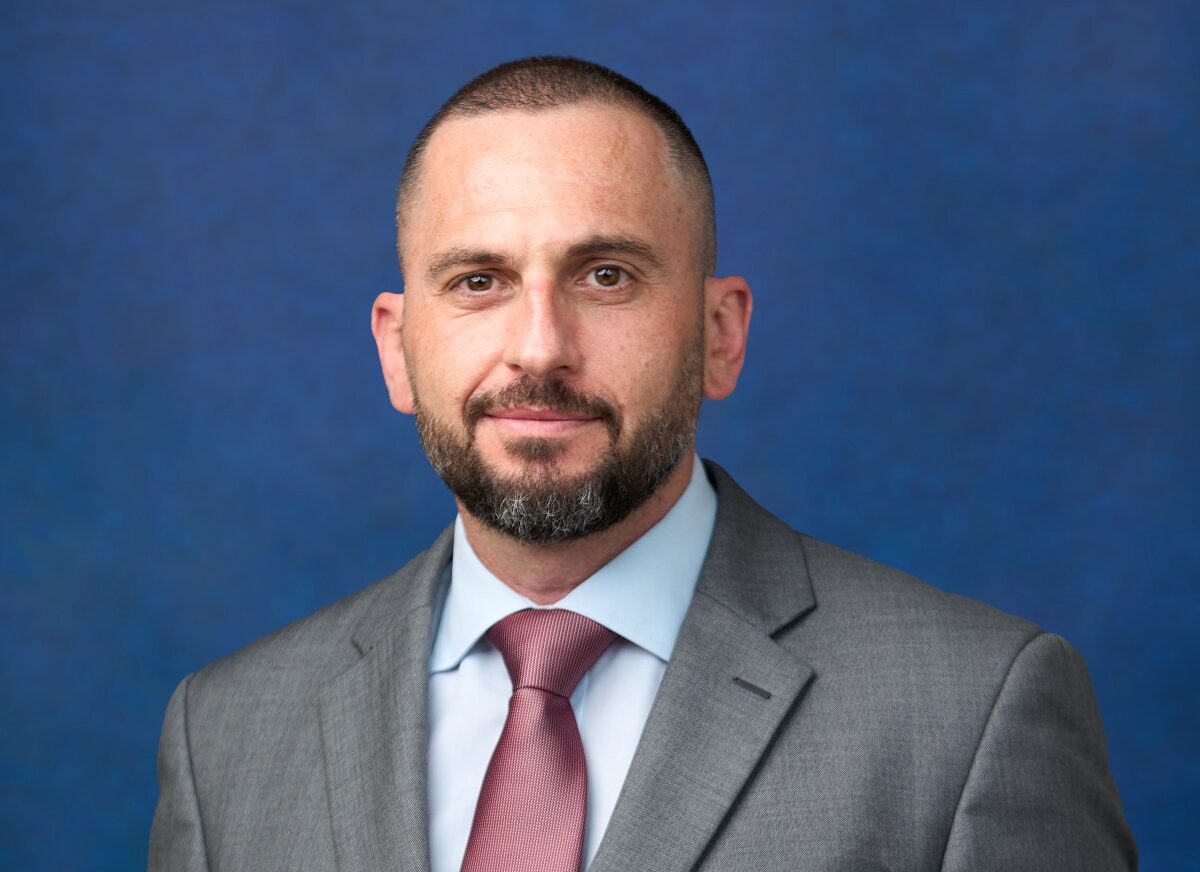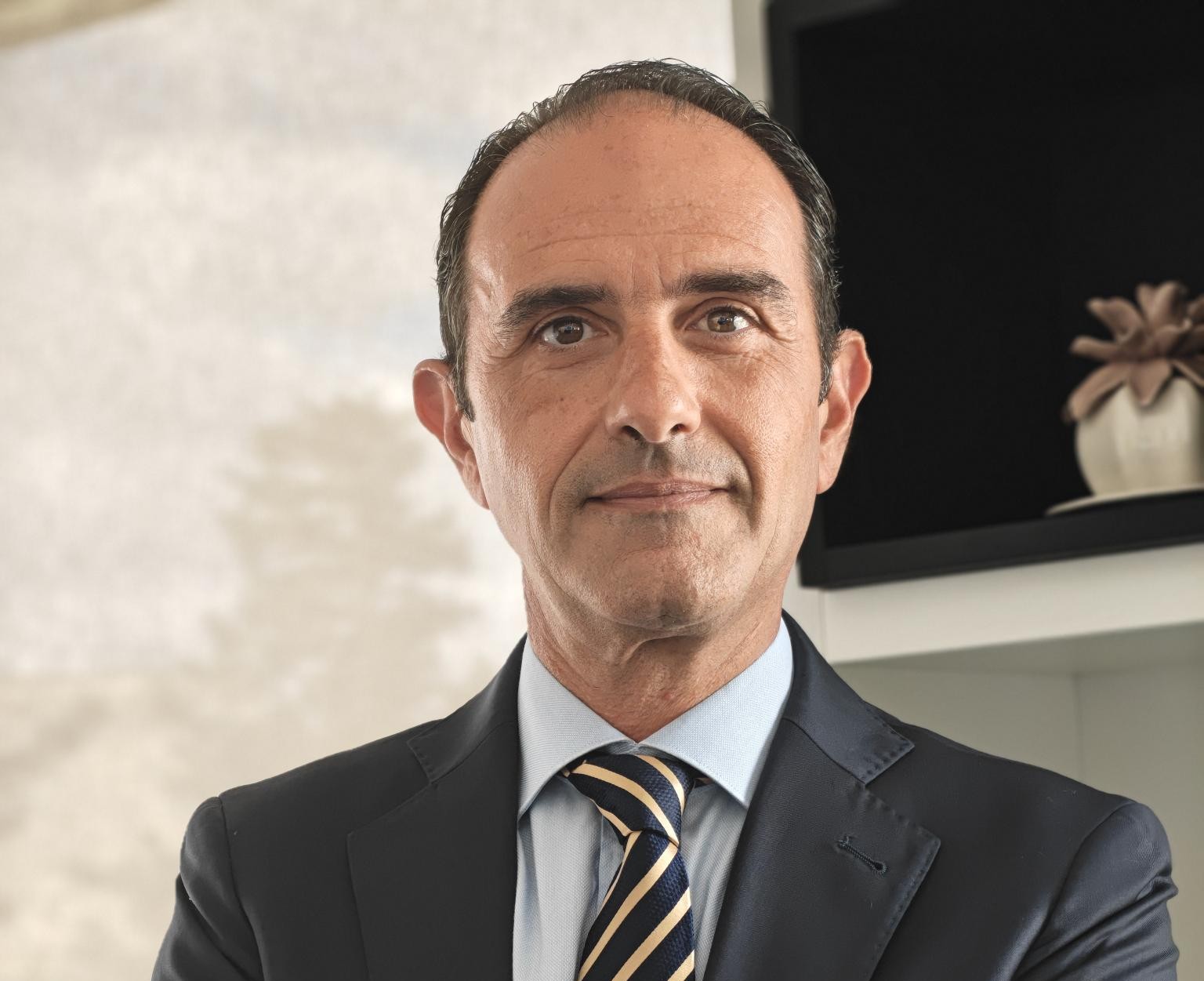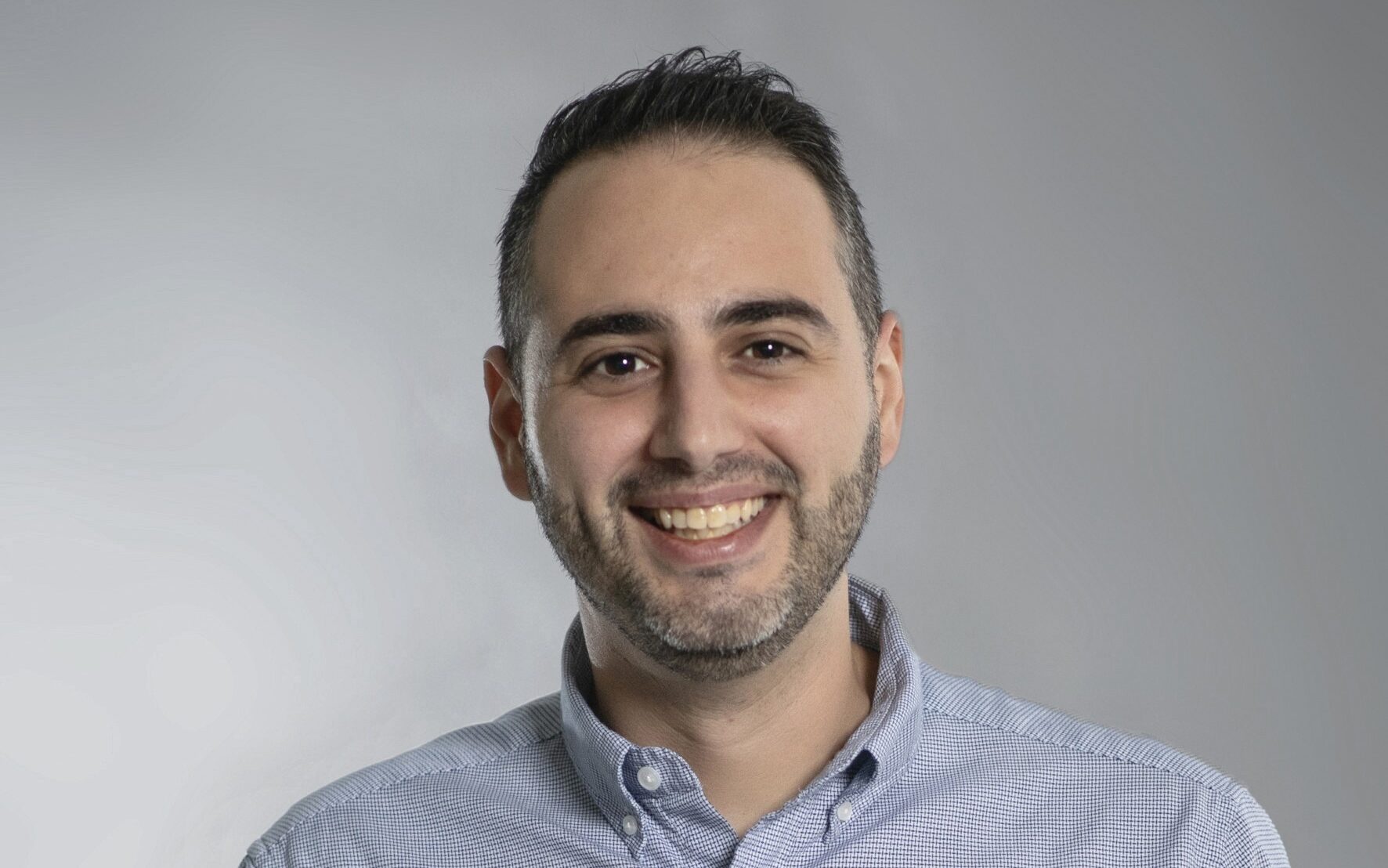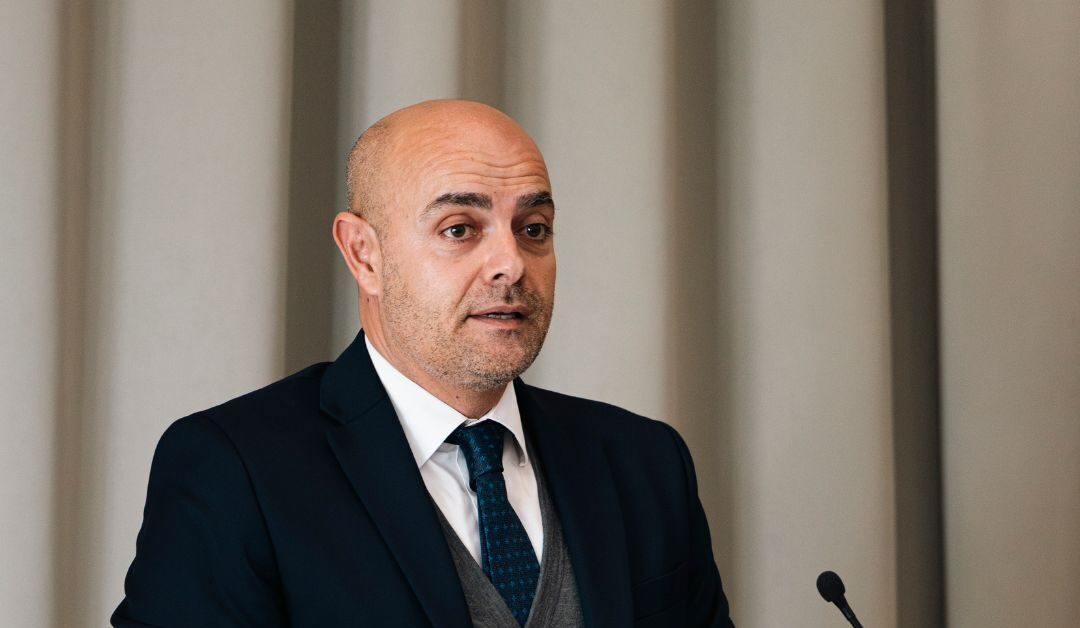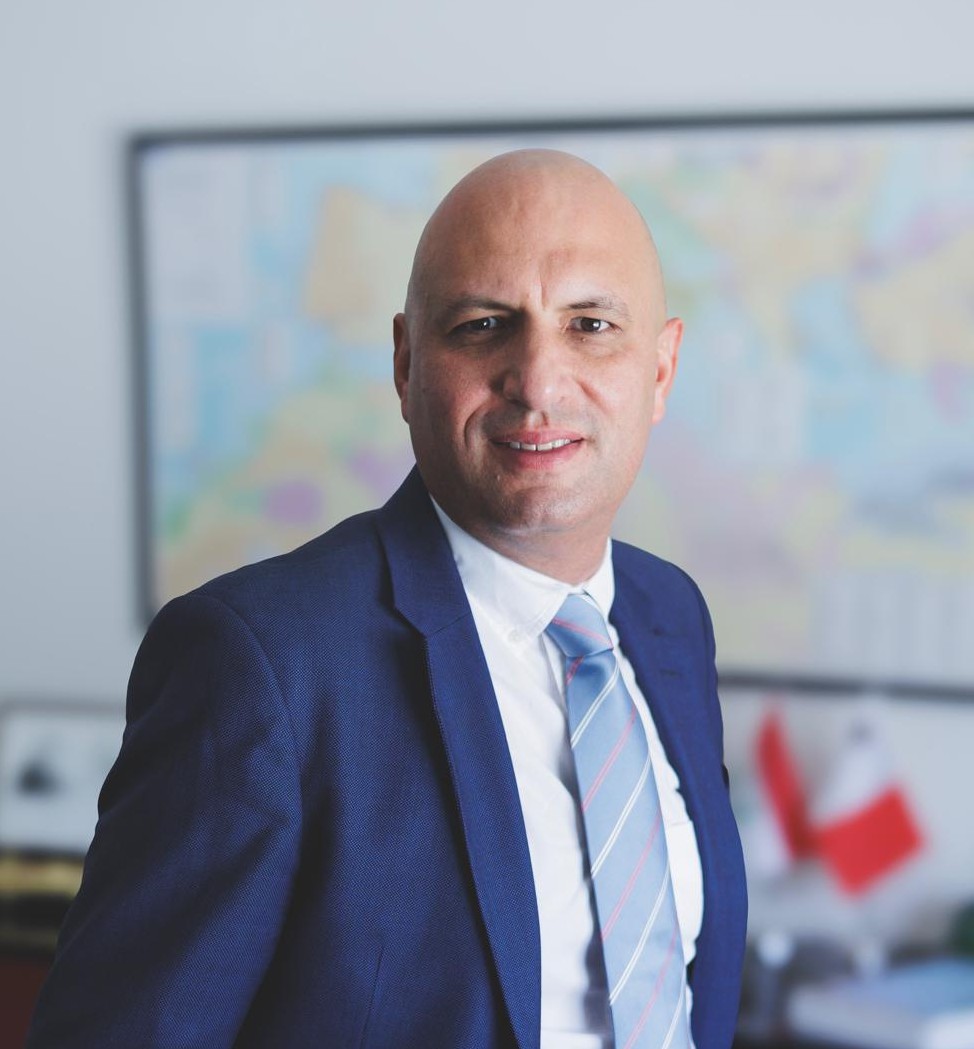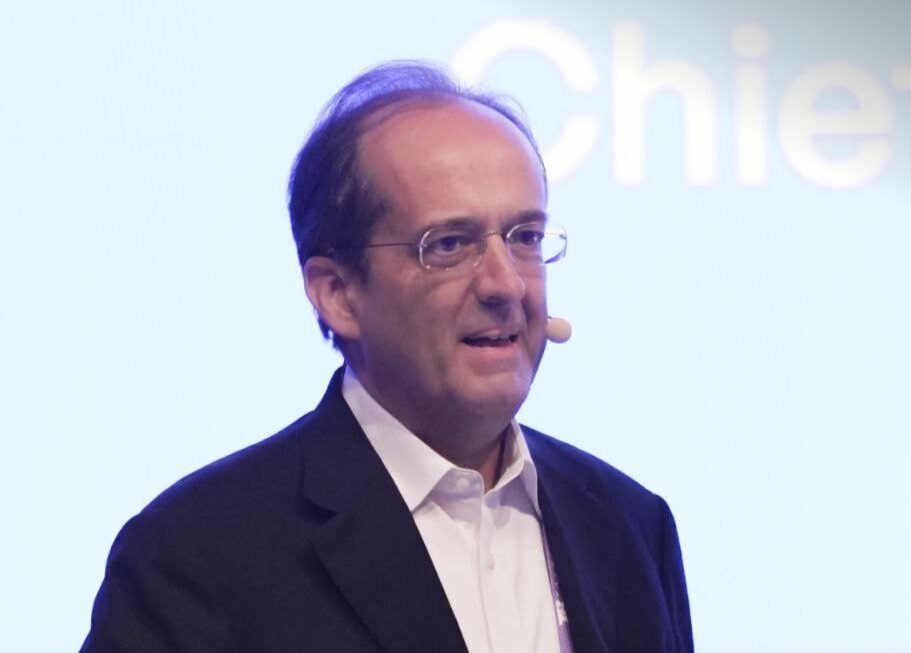Malta’s place in the Mediterranean has made it one of the region’s most important crossroads for centuries. From antiquity, traders passed through the island’s harbours, linking East and West, Europe and North Africa. But its strategic trading role had dimmed in recent decades.
Now, that is changing again, as Malta is steadily re-emerging as a modern logistics and trading hub, thanks in no small part to a company called Alkagesta.
“Malta’s position makes it an ideal connector for international trade,” Darren Lee Axisa, Operations Manager, explains. And for Alkagesta, this is not just a geographic advantage, it’s part of a deliberate long-term strategy. Since establishing operations in 2018, the company has helped move the island beyond bunkering and back into the heart of global flows, strengthening routes that link the Mediterranean with key emerging markets.
The company works across the full value chain, sourcing commodities, managing logistics, and distributing petroleum products, fertilisers, and biofuels to markets where they are needed most. Its operations now link Europe, Central Asia, North Africa, and even the Americas, feeding directly into the Mediterranean’s commercial arteries and servicing regions where demand for energy and agricultural inputs continues to rise.
Commodity trading brings vast opportunities, but it’s also an industry where the picture isn’t always clear. Around the world, there are reports of unregulated operations, questionable practices, and activity taking place outside formal jurisdictions. These examples tend to dominate headlines and can cast a shadow over the sector as a whole.
Malta, however, has steadily built one of the most reliable and transparent regulatory environments in the region. As a full member of the European Union, its laws are fully aligned with EU standards, ensuring that every aspect of trade, finance, and environmental protection is rigorously enforced.
In practice, this framework operates through close coordination between four key authorities: Transport Malta, the Terminal Authority, the Customs Authority, and the Sanctions Monitoring Board. Before any cargo is discharged into Malta’s onshore terminals, it must receive clearance from the mentioned bodies, guaranteeing transparency and accountability at every step. These safeguards have strengthened Malta’s standing as a secure and well-regulated EU trading hub, providing assurance not only to regulators, but also to international banking and insurance partners involved in each transaction.
Between 2015 and 2016, Malta’s name appeared in reports concerning alleged Libyan oil smuggling. In response to these concerns, Maltese authorities introduced robust, EU-aligned control measures in 2017. Under these regulations, any cargo of Libyan origin must originate exclusively from the Libyan National Oil Corporation (NOC), be accompanied by an official NOC confirmation email verifying transaction details and quantities and be submitted to the Sanctions Monitoring Board for verification. These procedures have effectively closed prior loopholes and reinforced Malta’s standing as a fully compliant and transparent Mediterranean trading hub, clearly delineating regulated operations from any illicit offshore activity.
Additionally, certain media outlets have occasionally linked so-called “offshore Malta” operations to the country. Mr Axisa notes that it is important to clarify that any offshore activity falls entirely outside both EU and Maltese jurisdiction and bears no connection to Malta’s legitimate onshore trade. “These unregulated practices are unrelated to the regulated frameworks that govern Malta’s commercial and maritime operations,” he attests.
While this multi-layered oversight ensures transparency, efficiency remains equally critical in a business where timing determines competitiveness. Despite the involvement of four separate authorities, Malta’s coordinated framework allows vessels to be cleared, loaded, and discharged swiftly, which is a process Alkagesta considers vital for maintaining the island’s edge against rival ports in the Mediterranean.
In commodity trading, every hour counts. Any delay can translate into additional demurrage costs, eroding margins and affecting overall trade attractiveness. As Mr Axisa notes, “Time is one of the most valuable commodities in our business. The longer a vessel waits, the higher the cost. Not just for us, but for Malta’s competitiveness as a trading hub. That’s why we work hand in hand with the authorities and terminals to keep operations smooth, transparent, and fast.”
This is precisely why Alkagesta places such a strong emphasis on good governance and transparency. From its earliest days, the company understood that long-term credibility would depend not just on commercial success, but on actively doing business the right way, fully aligned with Maltese and EU rules, and with complete accountability at every level.
As Mr Axisa explains: “For us, compliance isn’t a box-ticking exercise. Everything we do has to meet the highest standards, because that’s how we protect our partners, our people, and our reputation. And that process begins long before any vessel reaches Malta’s waters.”
The process is indeed thorough. It begins internally with Alkagesta’s own compliance screening, long before any vessel or cargo reaches Maltese waters. Once a vessel is shortlisted by the chartering team, Alkagesta’s compliance specialists conduct full due diligence using platforms such as SeaSearcher, PurpleTRAC, and World-Check, verifying ownership structure, management history, sanction exposure, and operational track record. Only after this internal KYC process is completed does the company proceed to obtain clearance from its banking partners, which conduct their own independent compliance checks as part of trade finance approval. Following the banks’ confirmation, vessel and cargo details are then submitted to the terminal and local agents, who perform additional documentation and safety verifications in accordance with Maltese regulatory requirements. Only after all parties have completed their reviews can the company officially charter the voyage.
What’s more, detailed policies and procedures, including Anti-Money Laundering (AML) and Counter-Terrorism Financing (CTF) measures, are also documented and made accessible to all employees. Training ensures that teams across 17 international offices and representations operate with the same standards and values.
“Of course, compliance is only half of the equation,” Mr Axisa says, adding that Alkagesta also places a lot of emphasis on its collaboration with financial institutions, inspectors, and technical partners to reinforce transparency and operational resilience.
What’s more, Alkagesta has also been doing its part to ensure better sustainability standards within the industry. The company published its first ESG report in 2021 and committed early to identifying green investments, with biofuels having since become a major growth pillar.
“We made a significant investment in a Used Cooking Oil (UCO) treatment plant in 2022,” he points out. “From there, we’ve built a bio-feedstock portfolio and leveraged tolling agreements with biofuel refining companies to access products such as UCOME, FAME, and HVO. These are now connected to Alkagesta’s conventional fuel desks, creating a bridge between legacy and low-carbon, cleaner energy systems.”
Through all these processes, investments, and future plans, Mr Axisa says Malta remains the anchor of the company’s strategy. Its location, regulatory stability, and business-friendly environment continue to support Alkagesta’s long-term vision to expand, create high-skilled jobs, and drive value for the energy transition.
“Malta gives us both stability and connectivity,” he notes. “It’s a place where international operations can run efficiently and responsibly, and that’s essential for our growth.”
Beyond volumes and cargo, Alkagesta’s presence has helped stimulate a wider ecosystem of economic activity on the island. More vessels visiting Malta means increased demand for port services, crew changes, inspections, tug operations, pilotage, terminal services, and logistical support. Its Malta headquarters has also contributed to local employment and strengthened the island’s standing within global commodity trade finance networks.
“Because Malta is small, it’s easy for people to overlook its importance. But I believe we’re truly showing that this island plays an integral role in the modern commodity landscape. We’re proud to call Malta home, proud of the jobs we’ve created and the contribution we’ve made to the local economy, and proud of the strong professional relationships built here. And as we expand internationally, we remain rooted in the values and opportunities this island continues to offer,” Mr Axisa concludes.
Tourist volumes ‘no longer enough,’ says airport CEO
MIA CEO Alan Borg warns that Malta can no longer rely solely on growing arrival numbers.
MedservRegis outgrows Malta facilities amid growing offshore demand
Co-CEO Karl Bartolo explains why the company's growing operations have outpaced its current facilities.
Why Gate Group chose Malta as its European crypto hub
Europe CEO Giovanni Cunti explains that the group’s decision followed a comprehensive evaluation of Europe’s emerging crypto landscape.
Papaya Ltd CEO highlights commitment to animal welfare through MSPCA partnership
A new initiative is aimed at improving the adoption experience for families taking in rescue animals.


